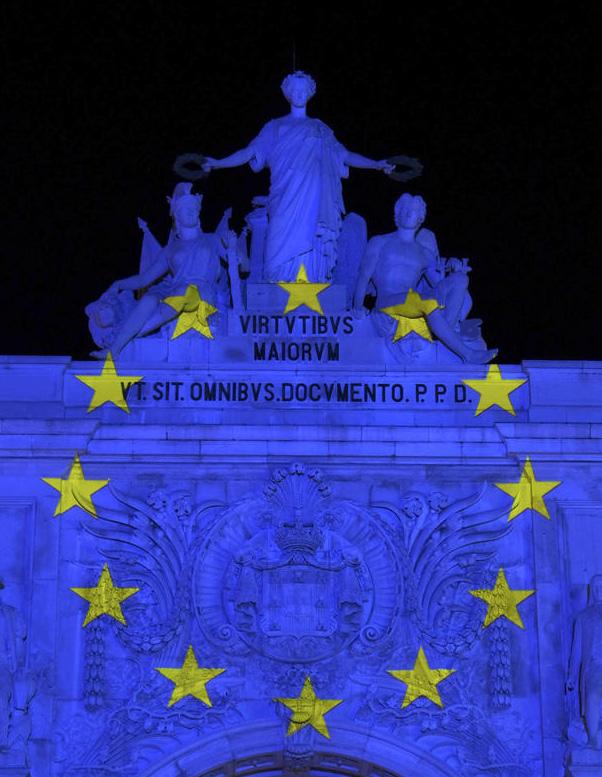
4 minute read
Communique
CorporateDispatchPro
KEITH ZAHRA
TRADE
The European Parliament has approved the strengthening of the socalled enforcement regulation, which allows the EU to protect its trade interests against partners acting illegally.
These changes will allow the Union to introduce countermeasures when it obtains a favourable ruling from a dispute settlement panel of the World Trade Organisation (WTO) or in bilateral and regional agreements, when the other party fails to cooperate on the adjudication of the dispute.
The scope of the regulation has been widened from disputes on goods to those involving services and certain intellectual property rights, including European trademarks, designs and geographical indications. The latter account for a large and growing share of world trade and are covered by international trade agreements.
Going forward, the Commission will examine breaches that negatively affect workers or the environment in a trade context with the same attention as breaches of market access. Enforcement measures will apply in this field as soon as trade agreements allow.


CorporateDispatchPro

KEITH ZAHRA
TAXATION
Commission launches a public consultation on the digital levy
The European Commission has launched a public consultation on a new digital levy. This initiative aims to ensure fair taxation in the digital economy, while at the same time contributing to Europe’s recovery.
Fair taxation and ensuring that Europe is fit for the Digital Age are top priorities for the European Commission, as stated by President von der Leyen in her Political Guidelines.
Tax systems have been lagging behind global technological developments over the past number of years. This has resulted in digital companies paying much less tax than they should. The COVID-19 crisis has also exacerbated this situation as it has accelerated the transition towards a more digital world and boosted profits and revenues for many online companies. The digital levy would help to ensure that EU rules are fit for purpose in the digital economy, and that companies, whether digital or not, compete in Europe on fair terms, and in doing so contribute to the recovery.
The launch of the consultation follows the mandate given by the European Council in July 2020 to come up with a proposal for a new own resource by June 2021. The levy will be designed in a way that is consistent with the ongoing work at the OECD, and in the G20, and will be compliant with WTO and other international obligations.


CorporateDispatchPro

KEITH ZAHRA
HEALTH
Commission sets out key actions to beat Covid-19
The EU executive set out a number of actions needed to step up the fight against the pandemic.
Among the key recommendations, it called on Member States to accelerate the roll-out of vaccination across the EU: by March 2021, at least 80 percent of people over the age of 80, and 80 percent of health and social care professionals in every Member State should be vaccinated.
Moreover, the EU wants Member States to have vaccinated a minimum of 70 percent of the adult population by summer.
The Commission also calls on Member States to continue to apply physical distancing, limit social contacts, fight disinformation, coordinate travel restrictions, ramp up testing, and increase contact tracing and genome sequencing to face up to the risk from new variants of the virus.


CorporateDispatchPro

KEITH ZAHRA
PRESIDENCY
Portugal sets out Presidency’s priorities
Portugal has taken over the Presidency of the European Council for the fourth time from January 2021.
Setting out its priorities for the upcoming six months, the Presidency said that it will be especially important to strengthen Europe’s resilience and its citizens’ confidence in the European social model, promoting a Union based on shared values of solidarity, convergence and cohesion – a Union capable of coordinated action to recover from the crisis.
Its key areas of action will be as follows:
• To promote Europe’s recovery, leveraged by the climate and digital transitions • To implement the Social Pillar of the European Union as a key element for ensuring a fair and inclusive climate and digital transition • To strengthen Europe’s strategic autonomy keeping it open to the world
Portugal last held the Presidency in 2007, during which time the Treaty of Lisbon was signed.







